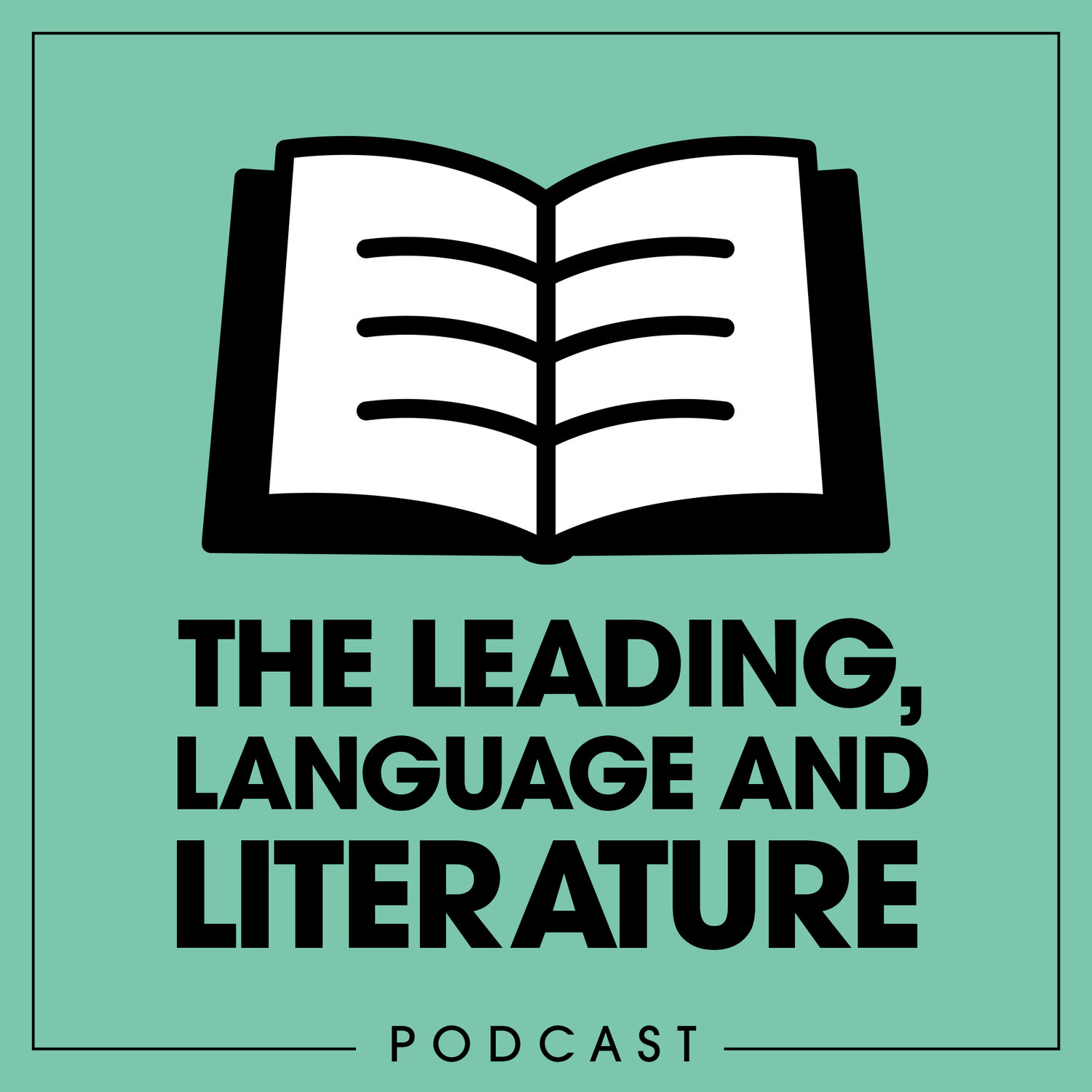Learning to Read and Loving to Read: the front-loading x inquiry balance
Here are a few laudable but lofty expectations encountered by teachers when first entering the IB ecosystem through online literature and/or official workshops:
Inspire students to frame their own inquiries, pursue personal aspirations, set challenging goals and have the persistence to achieve them.
Foster the development of rich personal, academic and cultural identities.
Enable prior knowledge and experience to establish the basis for new learning, and students’ own curiosity…to provide the most effective stimulus for learning that is engaging, relevant, challenging and significant.
Use knowledge as a tool to help students grasp transferable concepts and understandings. Knowledge provides the foundation and support for deeper, conceptual thinking.
“Front-loading” content (efficiently building background knowledge) can be important, introducing a base
from which to teach skills or practise critical thinking.
All of these in the hands of experienced and emerging teachers alike are primed for lethal mutation if encountered with the common lack of practical examples from participating IB schools. IB workshop leaders are discouraged from straying from the preordained presentations with little wriggle room for their own interpretations or examples of past experiences.
So it was refreshing to once again hear Drew Perkins speak with someone seemingly outside his PBL / inquiry based wheelhouse in conversing with Carl Hendrick. As always, Drew’s interactions across the ‘divide’ reveal the ways in which inquiry based teaching can take the best elements of direct instruction and provide learning experiences that are still personalised and productive.
One analogy that really helped crystallise the potential interplay between direct instruction (or front loading as it’s called in the MYP’s Principles into Practice) and inquiry based teaching is the process of learning to read.
Offering his daughter as an example, Hendrick outlines how learning to read required the direct instruction typical of phonics that sequentially and intentionally introduces a student to new sight words, sounds, sound combinations and so on. However, Hendrick went on to say that despite the miraculous transformation this brings about in the mind of a child, it cannot directly instruct them to love reading. This requires a personal journey of trial and error or inquiry based consideration around the experience.
A love of reading, unlike phonics awareness, is also far more difficult to quantify or test for. Stating that you are going to allow students to inquire into their preferences is necessary but cannot necessarily be graded or measured. Despite this, we can all attest to the fact that many people have been taught how to read only to eschew it unless strictly necessary. As an English teacher, when presented with someone who states they don’t like reading, my internal reaction is to presume they haven’t found a writer, genre or level they can readily and enjoyably access. These students have been taught to read but they have lacked the inquiry into what they could love when reading.
Hendrick also makes the point that direct instruction has eventual diminishing returns. Although group or whole class reading is a deeply enjoyable experience, there comes a time when proficient students will inevitably want to break away from the central reader and also pursue something that better meets their interests, level or background. Such endeavours need not be led directly by teachers seeking to explain the conventions, vocabulary or implications as they may do within the curriculum. Teachers can however still be there to point students in the direction of certain genres or writers but they would no longer be leading the reading or checking up with the same approach as a text studied as part of English class.
This relationship between front-loading and inquiry should also not be misunderstood to be a matter of before and after. In other words, it is not to say that direct instruction comes first and inquiry comes later. Effective interleaving brings both together at various points of the sequence.
My own children were read to first. This was undoubtedly helping their comprehension of English or narrative structures but it was also exposing them to the type of books and content they might like. When it came time for my eldest son to learn how to read, he took on books that had been specifically designed and stratified to expose him to new elements of the English language as prescribed by his teachers. Did he also enjoy the books he was reading in this period? Possibly but his sense of accomplishment and completing the challenge of reading a whole book seemed to far outweigh any inherent interest in the subject matter. Now and then we still combine the two, where I will read most of the book that I know he enjoys and ask him for help on certain words. This will also occur unprompted when he points out a word he knows or reads a speech bubble that I missed out.
In time, I imagine he will be choosing and reading books on his own but still appreciate the times in which he is read to with books that are slightly more advanced. The interplay between being guided and leading himself will hopefully coalesce to a future point where his vocabulary and skills of comprehension are robust alongside a genuine love to read his favourite genres.
Such an approach represents the symbiotic relationship that front-loading and inquiry based strategies need to share. If we value authenticity and personalisation of learning then a period of inquiry is vital. However, working alongside it needs to be the science backed strategies that take into account a student’s cognitive structure and develop their disciplinary knowledge of the subject.
